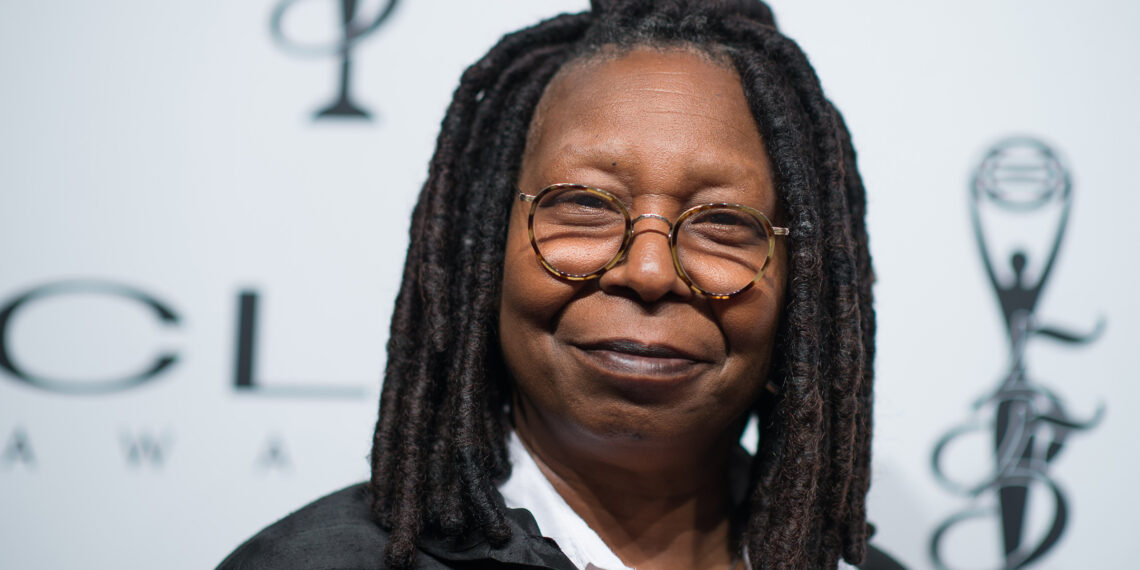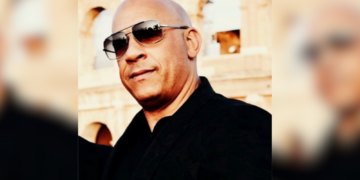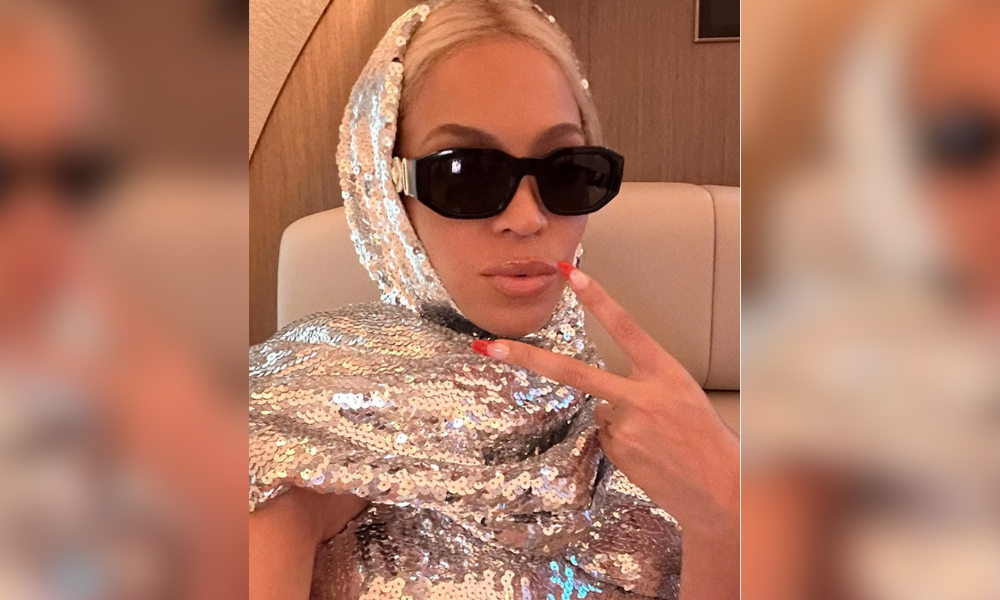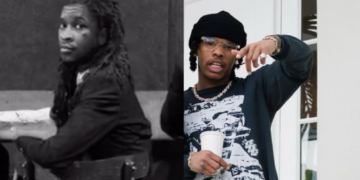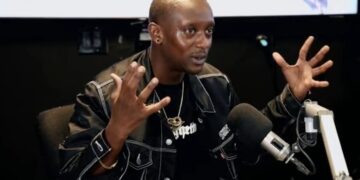Legendary actress, author, comedienne and talk show host Whoopi Goldberg sat down with Essence last week to let readers into her world as she discussed her nearly 40-year career in Hollywood. The publication chose Goldberg as one of their annual Black Women In Hollywood honorees.
One of 16 performers on the impressive EGOT list, not only is she celebrating the honor, but this year will also be the 39th anniversary of Goldberg’s very first screen appearance in the 1982 movie Citizen: I’m Not Losing My Mind, I’m Giving It Away.
Anyone who has paid attention and is honest will admit that Goldberg is a formidable talent who has enjoyed a dazzling career. However, she expressed that she felt a lack of acceptance from the Black community and opined that much of the rejection she received came from her willingness to associate with non-Black tastemakers in the film industry.
“Listen, I caught a lot of s**t from Black people [over the years],” the actress said. “Apparently, I wasn’t Black enough, but people forget if they saw me running down the street and it’s the Klan, they’re going to chase me. That’s how I measure it. Is the Klan going to chase you if you run?”
Discussing the lack of strong movies with Black ensemble casts like The Color Purple– a film that originally did not get the praise from the Black community than it does now. The movie was also criticized by the NAACP at the time.
Goldberg offered a provocative explanation.
“All of that, I feel – I said that then and I say it now— put the kibosh on people putting a lot of Black ensembles together for a full-length film because nobody wanted to be told they were doing it wrong,” she said.
Steven Spielberg directed the movie. Although Quincy Jones was the producer, Whoopi noted that backlash was based on Spielberg being white, the negative portrayal of Black men (through Mister) and that a white filmmaker told a Black story.
But there’s also an underbelly that few still broach when the topic of Whoopi Goldberg comes up.
In 1993, Goldberg was the subject of a Friars Club roast. At the time, she was dating Cheers actor Ted Danson. When it was time for him to honor her, he came out to the podium in full minstrel blackface. He used racial epithets, including “n****r” over a dozen times and told crude jokes about his and the actress’s sex life.
And when you couldn’t think it could get any worse– Danson even ate watermelon.
David Dinkins, New York City’s first Black mayor, was in attendance and was so insulted by the foolery that he issued the planned proclamation to her and left. Anita Baker, Natalie Cole, and Vanessa Williams were among other Black women at the ceremony.
Think that’s bad? Just wait. When Goldberg stood to address the uncomfortable audience, she said, ″N****r, n****r, n****r, whitey, whitey, whitey. It takes a whole lot of (courage) to come out in blackface … I don’t care if you don’t like it. I do.”
She also offered that the offended people should have made sure that they knew what a roast was before they decided to show up.
The chairman of the Friars Club at the time claimed that Whoopi and all the Black celebrities on the dais knew what was going to happen.
Model Beverly Johnson also defended the routine.
Although the Black community is willing to accept Whoopi Goldberg as one of its cultural icons, the community also has a long memory. That incident and her response to it are a part of her legacy.

